The archaeology of India south to the Vindhayan range, the Deccan or Peninsular India has had certain distinctive features and that revealed a chronology of an Indian culture characteristically different from the prehistoric cultures of other parts of the country. Though studies on the southern Neolithic was initiated in the first half of the nineteenth century our knowledge and concept about the civilization grow considerably during the decades since India's independence (settar and Korisettar, 2002). A neolithic culture was explored at Jaugada, an important settlement site in southern Orissa. The antiquity of the place was believed by the local people to be as old as the days of 'Mahabharata' when Duryodhan constructed a lac fort with an evil intention of ruining 'Pandavas'. Although its antiquity could not be traced back to the time of Mahabharata but its history could well be established since the time of Mauryan emperor Asoka, with supportive facts. The place received attention of the archaeologists since the time of Beglar who visited Jaugada in 1874 (Cunningham and Beglar, 1882) and said that the original name of the place was Jagata from which the current name Jaugada (or'lac fort') was transformed. In post-independence period Jaugada was systematically excavated by the Archaeological survey of India (ASI) in 1956-57 which revealed potteries, coins, craft works, and various objects of archaeological importance along with remains of animals.
Animal Remains from Jaugada Archaeological Site, Orissa and Their Relevance to the Ancient Civilization
Records of the Zoological Survey of India: Occasional Paper
Book: 292In stock
Free & Quick Delivery Worldwide
reviews
Bibliographic information
Title
Animal Remains from Jaugada Archaeological Site, Orissa and Their Relevance to the Ancient Civilization
Records of the Zoological Survey of India: Occasional Paper
Records of the Zoological Survey of India: Occasional Paper
Author
Edition
1st ed.
Publisher
ISBN
8181712103
Length
48p., 8 Col. Plates
Subjects

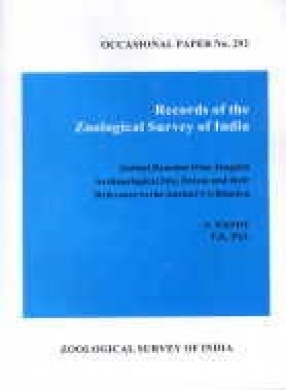

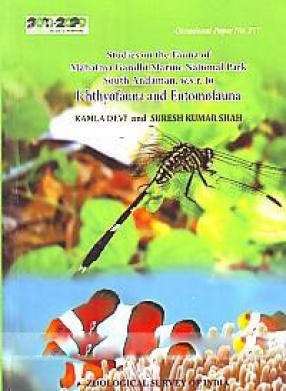
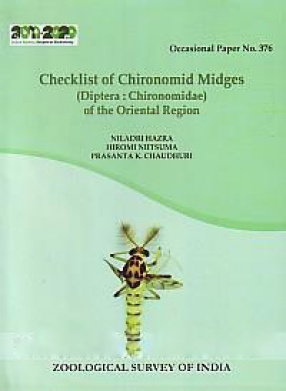
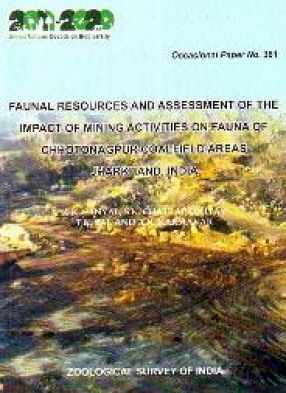
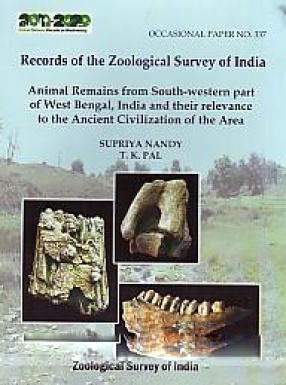
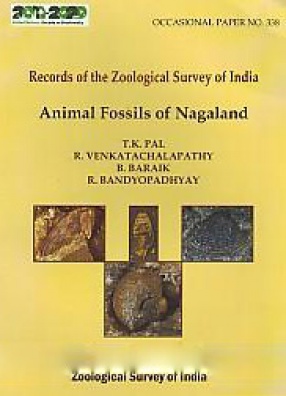

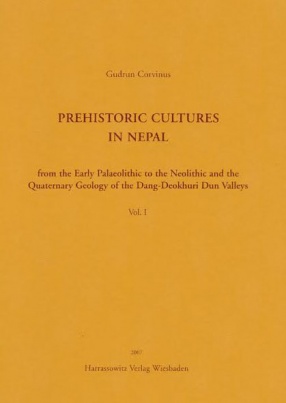
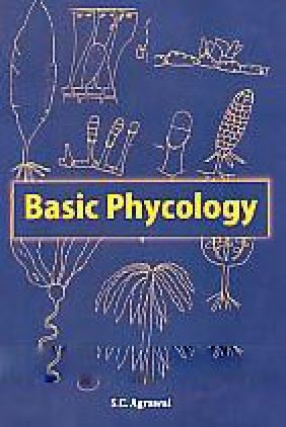
There are no reviews yet.